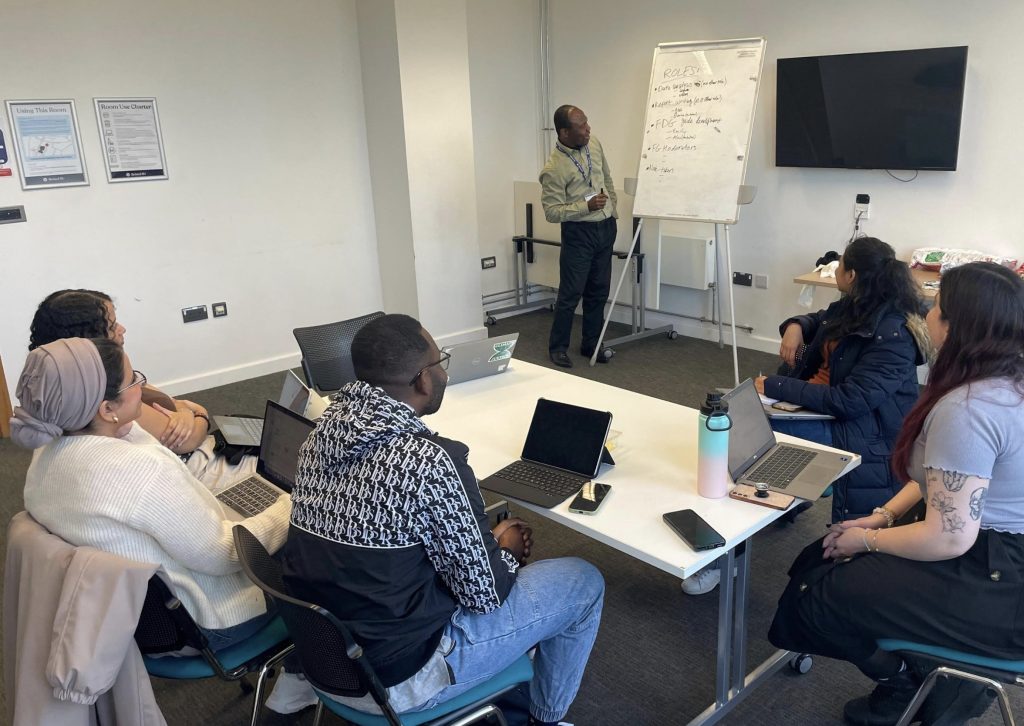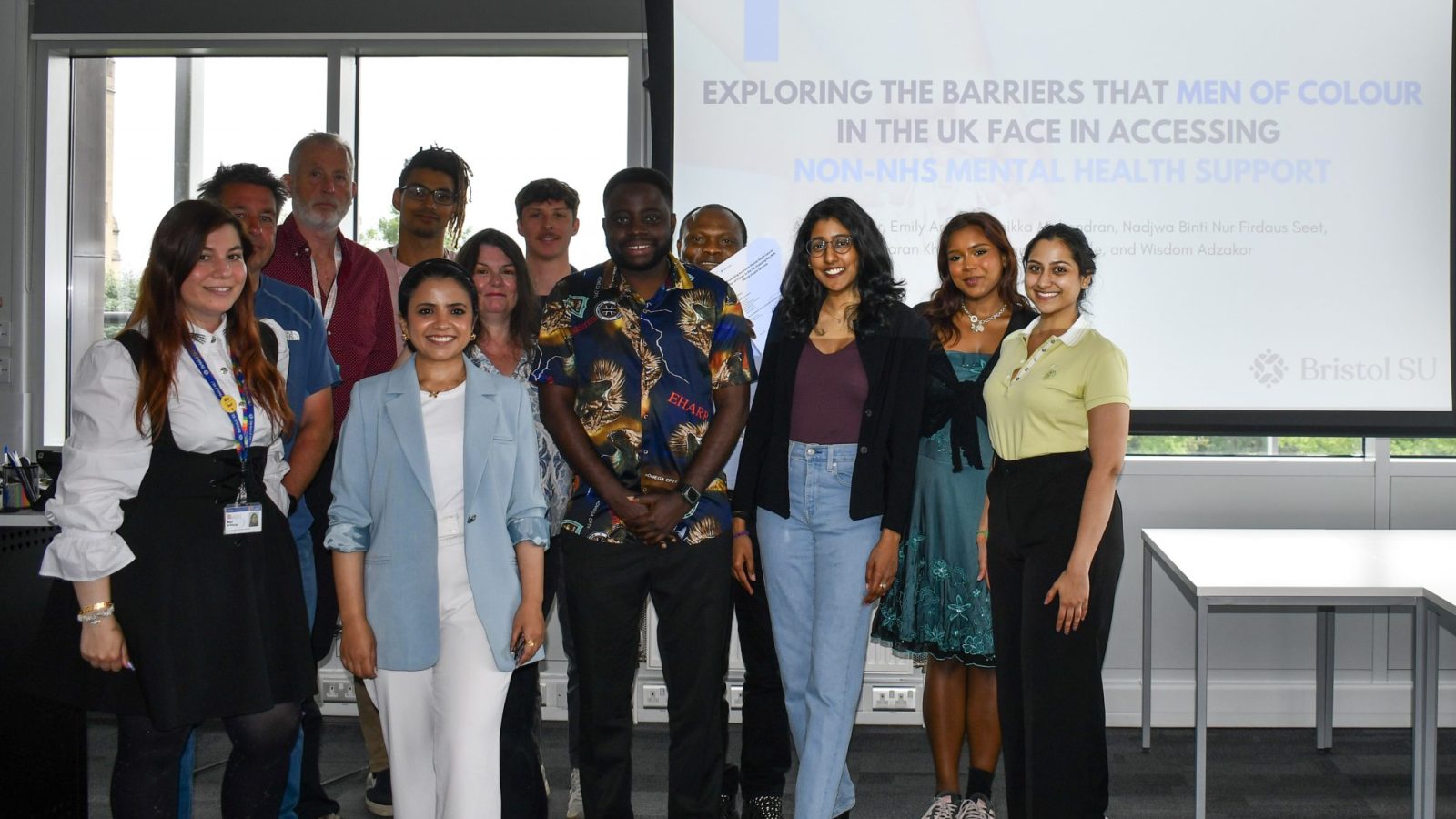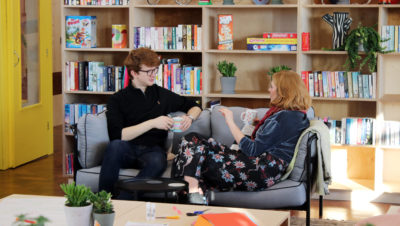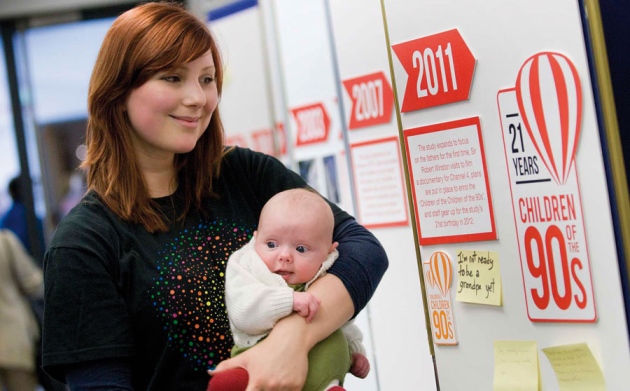Health / mental health
Research sheds light on barriers for men of colour accessing mental health support
Students at the University of Bristol, have produced a report based on their research, that sheds light on barriers to accessing non-NHS mental health support for men of colour.
In the six-month long project, the group of seven student researchers spoke with men of colour at the University of Bristol on what barriers they experience and how they could be tackled.
The report was then presented to the CEO, the head of services and the board of local mental health charity, Changes Bristol.
is needed now More than ever
Led by Bristol Students’ Union (Bristol SU) and funded by UKRI Research England.
The research group, named the Future Research Leaders (FRL), was made up of the following seven students from underrepresented backgrounds in research: Alaa Alkhdair, Emily Arceo, Karnikka Mahendran, Nadjwa Binti Nur, Firdaus Seet, Segun Bamidele, Sharan Khemlani and Wisdom Adzakor.
Their findings highlight key challenges including cultural stigma, lack of inclusive services and long wait times.
The researchers also proposed practical solutions, such as improving cultural responsiveness in services, simplifying access, and increasing outreach through culturally relevant campaigns.
Rasheed Taiwo, Project Lead from Bristol SU, said: “It’s amazing to learn from our project that people’s culture plays an important role when tackling mental health issues.
“I’m particularly proud of the students who really experienced growth in skills and whose research has shown how mental health issues could be effectively addressed in the community.”

The Future Research Leaders were hands-on in the project
Dr. Maya Al-Khouja, the Research and Insight Services manager explained that there are nuances to giving appropriate care to men of colour,, she said:”Access and outreach needs to be culturally relevant.
“It’s not so much about being a person of colour as it is about being a person of a certain culture who needs support from someone who understands their culture.”
She explains that in some cultures, the term mental health is in itself stigmatised.
Even a simple term change for example, from mental health to wellbeing, makes some people more receptive to seeking support if it was framed in that way.
“Its being culturally sensitive and understanding the nuances of each culture,” she adds.
When discussing how that could be implemented, she says the ideal is to have more people of colour working in mental health, but admits that due to a lack of resources its more likely that training could be implemented for current staff.
The project had two aims: first improving access for men of colour to non-NHS mental health services; and also creating opportunities for those not typically represented in academia.
Maya says: “We focussed on breaking down these systemic barriers that often exclude students of minority groups or global majority groups from accessing research opportunities.
“The higher up you go in the field of education, the less diverse it becomes.
“So creating a space where their voices, perspectives and experiences were actually central to the work.”
View this post on Instagram
The team are already affecting change with their work.
In their research they discovered it was important to have the option to be anonymous when accessing services.
Unlike through the NHS, it is possible to be anonymous or use an alias when accessing alternative provisions.
Working with Changes Bristol, they said that that is something they offer, but that they don’t advertise that widely.
So from these findings, one of the things they said that they’re going to do actually is now make that a really big point in their outreach.
Alessandra Gava, the CEO of Changes Bristol said: “This project has been a really lovely collaboration between the two organisations with lots of communication all the way through.
“Going forward its important as these project findings will help us be more inclusive.
“It’s a project that has really benefited us as a charity and will hopefully benefit other charities in Bristol.
“It was really clear that all of the students involved were really passionate about their work and its really high quality.”
The students will present their work again at the Research England Festival in July 2025.
All photos: Bristol Students’ Union
Read next:
 Our newsletters emailed directly to you
Our newsletters emailed directly to you




















